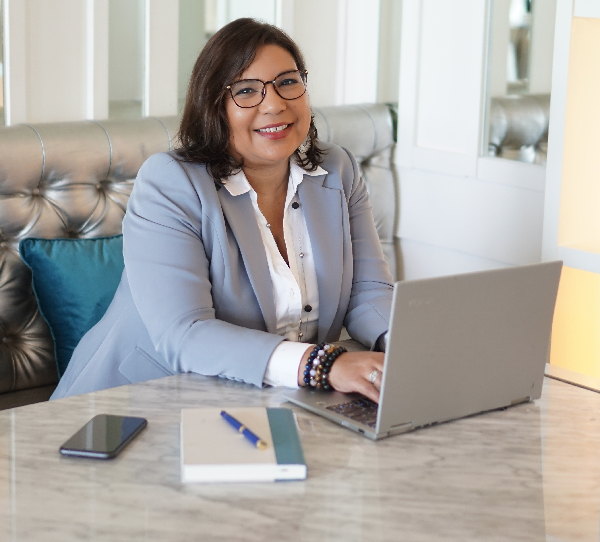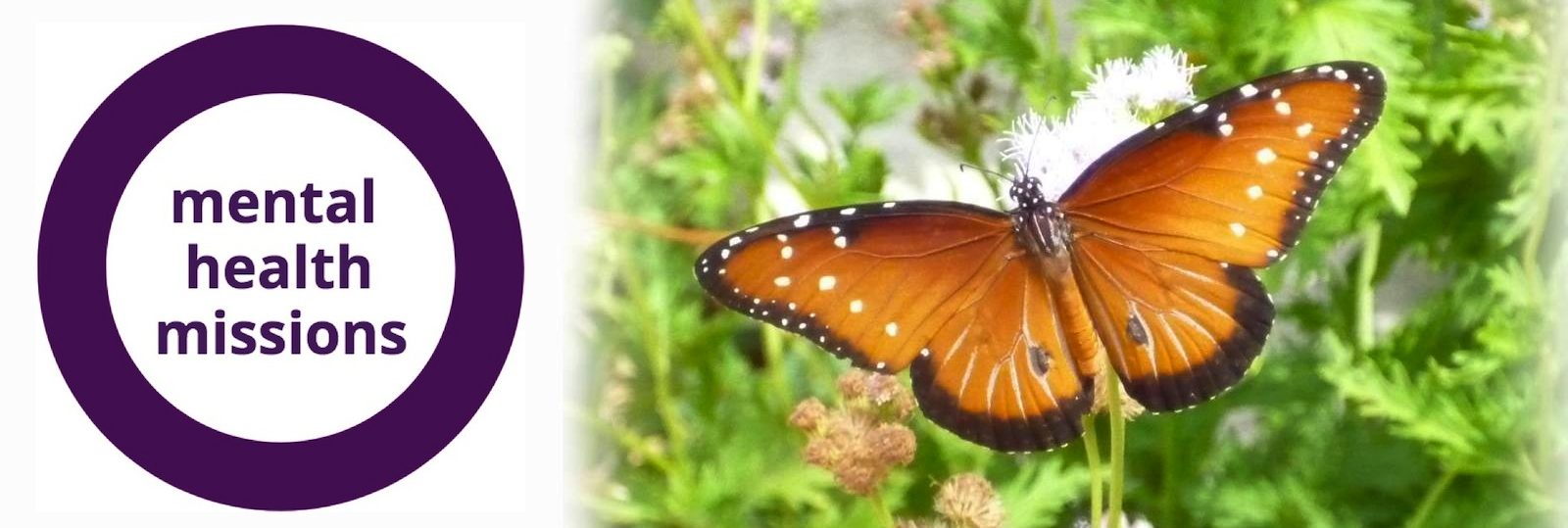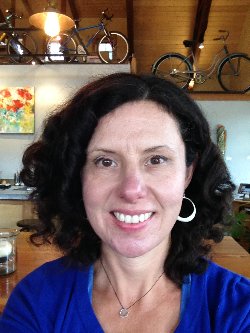Mental Health Missions is very excited to feature a new edition of the Mental Health Minute, continuing to put the focus on professionals from diverse backgrounds. In the first Mental Health Minute sit down of 2022, Zina Rodriguez shares her unique experiences of helping to diversify the mental health space. Ms. Rodriguez is the CEO and Co-Founder of Z&D Consulting where she helps behavioral health organizations create inclusive spaces for their employees and is an advocate for individuals from underrepresented communities. Please enjoy our conversation!
Mental Health Missions: How do you identify culturally?
Zina Rodriguez: Multi-cultural (Afro-Puerto Rican)
MHM: What drew you to pursue a career in mental health?
ZR: Becoming a social worker was a career change for me after September 11th. I had been working in corporate marketing in Manhattan for 15 years during this collective traumatic event. I did not understand “trauma” or PTSD back then, but I knew many of our team members were suffering mentally. During the subsequent days, weeks, and months following the event, myself and my co-workers were feeling the effects and our organization did not have the mental health acumen to adequately respond. This motivated me to explore a career in what I thought would be organizational psychology and I eventually found my way to social work. I love social work because of its foundational core, which is the person in environment theory. Those values align with my personal values of service, social justice, dignity, worth of the person, importance of human relationships, integrity, and competence.
MHM: What do you see as the barriers and stigmas when it comes to mental healthcare within your culture and beyond? Do you think there are opportunities to transcend those barriers and how do you believe that can happen?
ZR: In many cultures the stigma of mental health is a barrier to seeking help. Many of us grow up in environments where you don’t talk about what goes on inside the house outside of the house. For some communities this has been the way families have self-protected from outside governmental entities, which may include police, social workers, school counselors, among others due to the very real possibility of intrusion, lack of understanding of cultural norms, biases, and racism. This lack of understanding diverse cultures can sometimes lead to negative consequences that can ultimately do more harm than good for individuals and families. There has also been significant distrust with the overall medical community due to historic disparities and experimentations.
With all this being said, I have seen changes over the past few years, especially due to the pandemic. There are more open discussions of mental health within communities and there’s a recognition of the disparities in mental healthcare for marginalized communities. We are at a pivotal time; increased awareness gives behavioral healthcare providers the opportunity to respond to these disparities and find solutions to expand culturally responsive treatment.
MHM: In your opinion, what are some of the biggest misconceptions people have when it comes to mental health, mental illness, and addiction?
ZR: Mental health symptoms within many cultures can be viewed as a weakness or moral failings. There can also be a misunderstanding of symptoms by both providers and clients. From the provider side, lack of understanding of how clients identify symptoms or cultural norms that are unfamiliar [to providers] can lead to misdiagnoses. There also may be language barriers, which can create challenges for clients to adequately express their symptoms.
MHM: In your current role you help behavioral health organizations to better understand diversity and inclusion as well as establish diversity initiatives among their employees. Can you talk about some of the unique considerations of diversity, inclusion, and equity in the mental health space?
ZR: I believe the most imperative consideration is the interpersonal work required to develop inclusive environments for clients and staff. It is critical for the leadership of organizations to identify their “individual why.” It’s also important to consider how diversity/equity/inclusion aligns with both individual and organizational values. This means engaging and developing a knowledge of racial literacy. It also includes recognizing and understanding of biases and how those inform systemic biases and structural racism.
We need to develop an understanding that evidenced-based practices are not always applicable to all cultures. Using cultural genograms, narrative therapy and liberation models will empower and educate clients on their inherent strengths as well as the strengths of their communities. Use of such models can enhance culturally responsive treatment.
MHM: How do we encourage more diversity within mental health and ensure that professionals in the field are representative of the populations they are serving?
ZR: It is critical we start early and provide opportunities for unrepresented communities. We also need to develop career pathways that include sponsorship and mentoring [to these same communities]. And of course, having scholarships and financially equitable educational opportunities would have a great impact on diversifying the field and increasing those interested in becoming mental health providers.
MHM: How can someone in need of mental health treatment feel empowered to seek help if he or she is from a community where mental health might be stigmatized or dismissed altogether?
ZR: For clients to feel empowered they may need support from a variety of stakeholders: peers, community leaders, religious institutions, educators as well as mental health providers. We need to educate these stakeholders. There are more and more resources becoming available specific to marginalized individuals which can be found through various nonprofit organizations. There are also directories available listing providers who specialize in working with specific populations. However, we know that there are still not enough providers and there are limited financial resources to adequately respond to individuals who need care. There is a separate discussion to be had about equitable financial access and parity. As a society, we need to do better.
MHM: Accessing healthcare, including mental healthcare can be significantly more challenging in diverse communities and for people from marginalized backgrounds. In your opinion, what can be done to increase access and provide education about mental health?
ZR: Effective removal of barriers requires a macro level response. We need to make sure we have elected officials who prioritize creating policies and legislation that supports mental health and health care in general.
MHM: What has working in the mental health field taught you and what drives you to continue doing this work?
ZR: The biggest lesson I have learned is that transformational change is always possible. I have seen from my own personal healing journey and the journeys of so many others, who I have engaged with over the years, that adequate mental health resources and engagement can impact individual lives, families, and communities, all for the better.
MHM: What has been your most gratifying professional accomplishment thus far?
ZR: Achieving my Master’s Degree was by far my greatest accomplishment as it enables me to embark on a career where I can make great impact.
MHM: What is your hope when it comes to your professional mark/legacy? How would you like to impact others with the work you are doing in mental health?
I hope that my lived experiences inspire others, especially young women who can resonate with my personal story and realize they can also achieve their dreams. It has not been an easy journey for me. Growing up in a socially disadvantaged neighborhood, during the crack epidemic and living with family members who were struggling with their own addiction and mental health issues definitely came with its challenges, but it also became the fuel that drives me to do this work. I am passionate about creating inclusive spaces for healing and creating pathways towards success for those from marginalized communities.
 Zina Rodriquez, MSW, MCAP, CDE is CEO and Co-Founder of Z&D Consulting. Ms. Rodriquez has 25 years of professional experience in marketing and behavioral health care. She has held senior leadership positions for national and global behavioral health care organizations. Ms. Rodriguez holds a Master of Social Work with a concentration in Administration from Fordham University and a Bachelor of Social Work degree from Rutgers University.
Zina Rodriquez, MSW, MCAP, CDE is CEO and Co-Founder of Z&D Consulting. Ms. Rodriquez has 25 years of professional experience in marketing and behavioral health care. She has held senior leadership positions for national and global behavioral health care organizations. Ms. Rodriguez holds a Master of Social Work with a concentration in Administration from Fordham University and a Bachelor of Social Work degree from Rutgers University.


 by
by 

